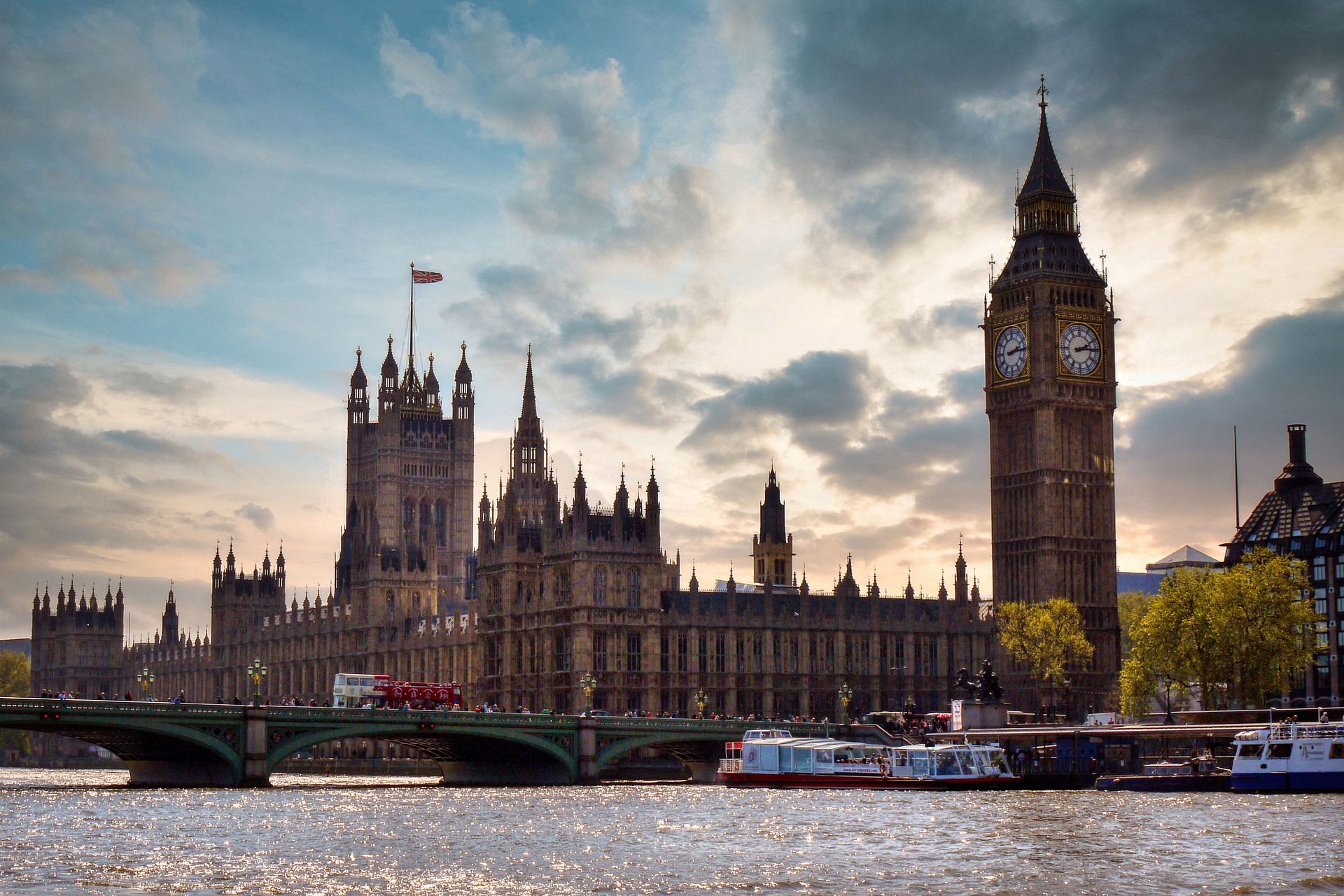NEW RESEARCH FROM TI-RUSSIA ACTS AS A REMINDER THAT THE UK NEEDS TO DOUBLE-DOWN ON ITS ROLE AS AN ENABLER OF FINANCIAL CRIME

Have you ever bought something that’s never arrived, or wasn’t quite what you expected? Frustrating, isn’t it, and maybe far too frequent an occurrence.
Now imagine you wanted this to happen, and you intended to spend hundreds of thousands, possibly millions of pounds in the process. Your friends would think you’d gone mad. Yet this is exactly how hundreds of millions of pounds has been moved out of Russia and into the UK in recent years.
Here’s how it works.
Imagine you’re an organised criminal gang or a senior politician. You’ve managed to generate some income from activity that is not quite above board. You want to move it out of the country and put it in a relative safe haven – somewhere where there are strong property rights.
Normally, one would transfer money across borders using a simple bank transfer. But you don’t want to raise suspicions and this kind of money flow would do just that. What do you do?
You generate a load of paperwork and shell companies to persuade banks that you’re buying, say, industrial equipment. This will be equipment that never arrives, and indeed probably never existed, but that’s not the point – you’re providing cover for the transfer. The ‘supplier’ is in fact a company owned by you or an associate (you’re paying yourself!) You’d be wise to use financial institutions and customs zones with a lax approach to monitoring activity and enforcement, just in case…
Put it all together and hey presto! Instead of standing out like a sore thumb, your transaction blends into the background amongst thousands of similar invoice payments.
The generic term for this is ‘trade-based money laundering’ – moving money of criminal origins through fictitious transactions that bare little resemblance to reality. New research from our Transparency International Russia (in exile) provides new insights into how this works.
Drawing from a review of Russian criminal cases, they’ve identified hundreds of millions of pounds moved out of the country via this method, in breach of domestic laws. While our work with the OCCRP and TI Russia has exposed industrial-scale money laundering schemes like these from a European perspective, this is the first time we’ve had detailed insight from their country of origin.
What’s also of concern, albeit unsurprising, is the frequency with which UK shell companies appear in these trades. Limited Liability Partnerships (LLPs), Scottish Limited Partnerships (SLPs), and even LPs from other parts of the UK are used to facilitate these transactions (even if the latter legally can’t sign contracts in their own name). Curiously, they also bear very, very similar characteristics as those involved in the Laundromats of yore. Indeed, some have the same corporate partners are those used to launder billions of pounds through the banking system. Their research has also found that, despite strict sanctions being imposed on the Russia by the West, there are still UK companies and partnerships involved in suspect trades in and out of the country.
What does this all mean?
First, reform of UK Companies House could not come soon enough. A major reason why UK legal entities end-up in suspect and criminal trades like these is because no-one has been checking the paperwork. As we’ve shown from our previous work, spotting this suspicious activity isn’t even that hard – Companies House just needs to be better equipped to identify and respond to these threats as they emerge.
Second, there needs to be a real crackdown on the enablers who facilitate these schemes. Some of the corporate structures used to move these funds are so formulaic and appear so regularly in cases of corruption, organised crime, and associated money laundering that there is clear intent or recklessness by the accountants and lawyers who create them. To date, almost none of them have been held to account. Overhauling the policing of these professions is long-overdue – something HM Treasury is finally realising.
Third, the UK must not give up its global campaign to end corporate secrecy. The frequency with which companies from jurisdictions like the BVI and Marshall Islands feature in these schemes is no coincidence. They’re chosen due to the opacity they provide, and their seeming lack of curiosity about their clients. Providing stronger incentives for them to open-up their corporate registries – whether by carrot, stick or both – is crucial to ending their role in supporting kleptocracy.
As the war in Ukraine rages on, this work provides a timely reminder of how the UK has contributed to criminality within Russia. That similar schemes have been used to evade sanctions provides a reminder of how important this issue is to European security. It’s time the UK regained its focus and doubled-down on financial crime, and Britain’s role in enabling it.
Article Credit: https://www.transparency.org.uk/new-research-ti-russia-acts-reminder-uk-needs-double-down-its-role-enabler-financial-crime
